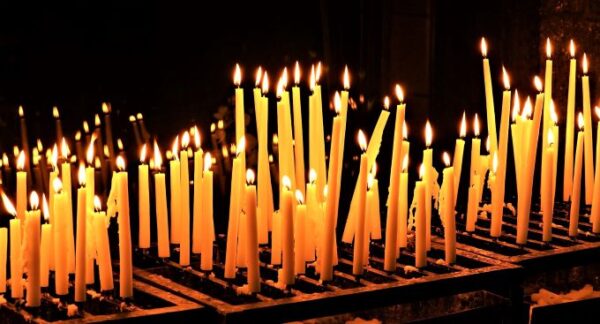The Ashes and Hope of Community
The fire in Lahaina started mauka (up the mountain), but roared furiously towards the sea (makai). At one point the flames reportedly raced down the slopes, scorching a mile every minute. They destroyed everything in their path.
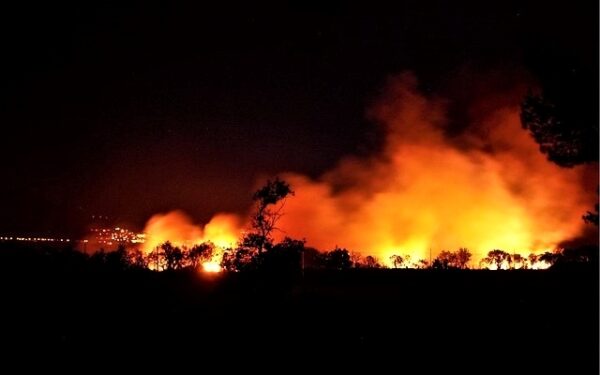
Homes, families, businesses, cars; even the iconic banyan tree on Front Street fell victim to the inferno. It seems there is nothing left but the burned-out shells of the residents’ lives.
But the community remains, swelling with pride even as it sweats with exhaustion. Photos, videos, and stories portray selfless and heroic acts. Volunteers are working tirelessly to provide for those who have lost everything. People from around our country, and perhaps the world, care and help in ways we’ll never know.
What Is Community?
What is community? Oxford Languages defines community, in part, as “a group of people living in the same place or having a particular characteristic in common.”
Surely the most precious gift humanity gives itself deserves a more beautiful definition.
While the human race thrives through communal connections every day, nothing brings it into focus like a disaster. Nothing else bolsters the ranks and rallies the troops like our innate need to help. This month, the community of Lahaina surged in population as many hearts in the world stood in solidarity with theirs. The ashes of their devastation seem to float down on our shoulders. We see their loss, their frailty, their strength, their grief, their courage, and many of us ache for their pain. We pray, we send help, and we grieve with them. 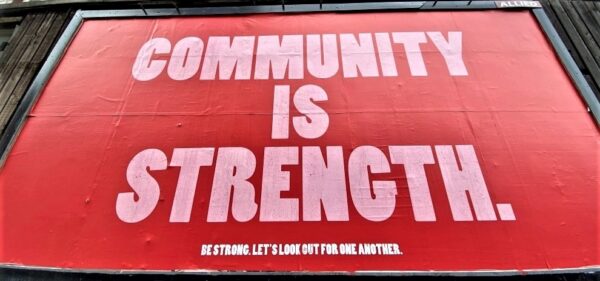 Theirs is just one in the endless chain of catastrophes that we, as the human family, suffer. The Hawaiians won’t always be foremost in our thoughts. But for these few days or weeks, the community of Lahaina has grown by millions.
Theirs is just one in the endless chain of catastrophes that we, as the human family, suffer. The Hawaiians won’t always be foremost in our thoughts. But for these few days or weeks, the community of Lahaina has grown by millions.
Hopefully the burgeoning support for the people of Maui will comfort them as the tough work of grief begins. Kevin and I have been fortunate enough to visit Lahaina several times, and escaped the midday heat by ducking under the wild, high branches of their famous banyan tree. The square in which it sits is a gathering place, a place of aloha, a peaceful retreat. Grieving has scarcely begun for these folks. While I’m old enough to have lost many people I’ve loved, my two greatest heartaches have taught me life’s toughest lessons. The first was the death of our daughter Catherine who, at the age of fourteen, died on a snowmobile trip with our church’s youth group.
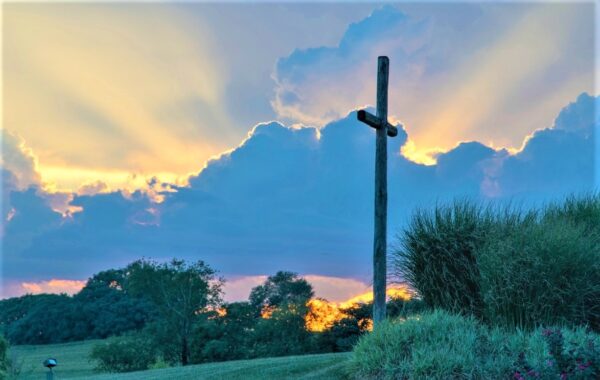
The second was the loss of church itself.
Loss of Church Meant Loss of Community
The destruction of my soul’s connection with the Christian community looked nothing like the inferno that leveled Lahaina. Rather, an insidious and seemingly innocuous political movement called the Religious Right set into motion a carefully-crafted crusade to elect Donald Trump as president of the United States. I take responsibility for my naivete and utter lack of attention as this unfolded. I heard rumblings and ignored them. I thought surely this was just a bunch of hyped-up overzealous nut jobs blowing off steam. I thought Christians would never fall for his lies.
Sadly, I was wrong.
At that same time, Kevin and I left the valley we’d called home for forty-two years. That loss of community compounded the heartache of betrayal by the people who had introduced me to Jesus. We tried several churches in our new town, Pagosa Springs, but we could find no one who dared stand up and challenge the Religious Right’s status quo. After exhausting all avenues of  trying to work within the church to challenge this movement, we walked out the door and never looked back. I launched my website in 2019, and wrote almost continuously for more than two years. I used my ability to write, the only resource at my disposal, to share information and hopefully bring comfort to my fellow Exvangelicals.
trying to work within the church to challenge this movement, we walked out the door and never looked back. I launched my website in 2019, and wrote almost continuously for more than two years. I used my ability to write, the only resource at my disposal, to share information and hopefully bring comfort to my fellow Exvangelicals.
I also used it as a virtual punching bag, pouring out my grief and fury until the well ran dry. Like a child who pitches a fit and sobs until only hiccups remain, I finally went silent for quite a while, just to listen. But for those first couple of years during COVID, writing saved me. Blogging, having some work published, and receiving feedback provided a much-needed virtual community.
Jesus may have saved my soul, but writing saved my sanity.
Finally, with Trump losing the 2020 election, and then January 6 receding in our collective rearview mirror, I was lulled into a false sense of stability. “No longer will he trouble us,” I thought. “Surely even the Moral Majority will see him for the lunatic he is.”
Wrong again.
Grief Gives Way to Healing
I finally accepted the fact that Christian Trumpers are probably never going to come to their senses. I decided it was time to stop whining. Lifting my eyes beyond church, I began to search for community all around me. I also remembered my community at large.
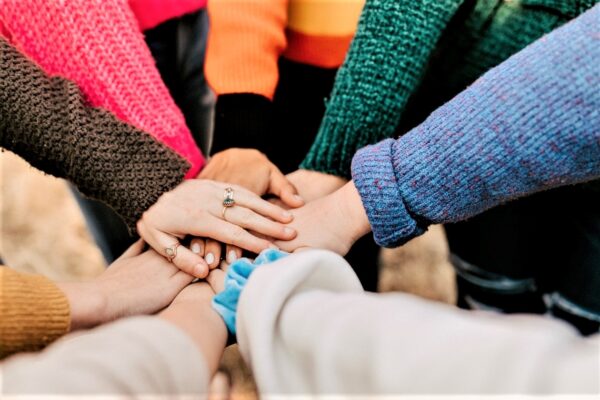
When COVID finally receded, I put myself out there when local opportunities arose. Some of my efforts fell flat, but by the grace of God, I’ve met three women in Pagosa who have become friends.
Closer to home, on my little dirt cul-de-sac, I introduced myself to all my neighbors. Most of them are really quite friendly, especially if you drop off some baked goods. Turns out they, like everyone else on the planet, could use a listening ear now and then. Sometimes they need a little more. Someday I probably will, too. They range in age from one year to eighty plus, and their backgrounds are as varied as their ages. Listening to them expands my world. Lord have mercy, did I need that!
Finally, I remembered the women who’ve loved me forever. Friends around the country and friends from years past. I guess I was taking for granted the occasional phone call or email, the Christmas card and the random meme sent with the message, “this reminded me of you.” When COVID banished us from society, our occasional contacts became regular conversations. We’d never forgotten our history or our bonds, but taking the time to reconnect has been a glorious reminder that I am loved, and they are, too.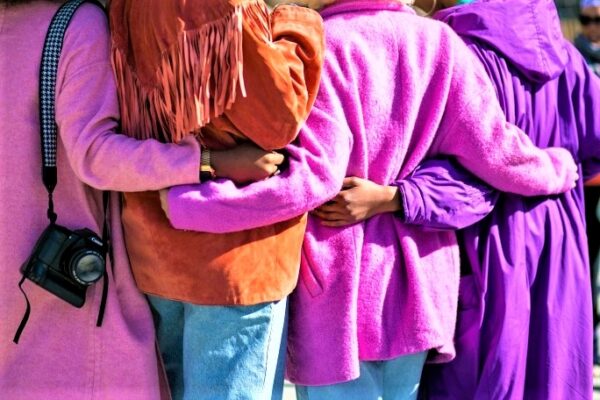
These days I am busy with people as well as with writing, and I am grateful beyond words.
Looking forward, I’m actually dipping my toes in the pool of new possibilities.
Finally Looking Forward to the Future
An extraordinary opportunity popped up on my Facebook feed a few weeks ago. One of my favorite authors, Anne Lamott, is hosting a writing retreat in Santa Fe in a few weeks. Santa Fe is only a three-hour drive! And Kevin, my amazing partner and best friend, encouraged me to buy the tickets even as I was hitting “send” on the registration.
I knew he would say yes. Because I am unbelievably blessed by my husband of forty years, the cornerstone of my community.
For the first time since the 2016 election, I am feeling a distantly familiar emotion I thought had departed forever:
Hope.
In other fabulous news, they’re reporting that the banyan tree might survive. News reports show video of water being continuously sprayed on her burned branches and trunk. They believe that underneath all the devastation, she might be able to gather her resources and hang onto life- not only to survive, but to thrive.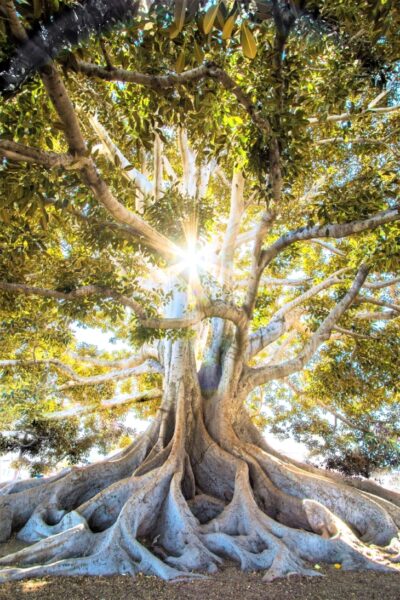
As one who has been there, I send her healing aloha energy from Colorado, as well as a message of hope:
Hang in there, honey. You can do it.
© Rachel Ophoff 2023, Coconut Mountain Communications LLC, All Rights Reserved.
**As of August 2023, I’ve added a new page to the bookstore called Wisdom, Humor, and Amazing Writing. These are works from my favorite authors that keep me company, make me laugh, make me cry, and let me know I’m not alone. Check it out!
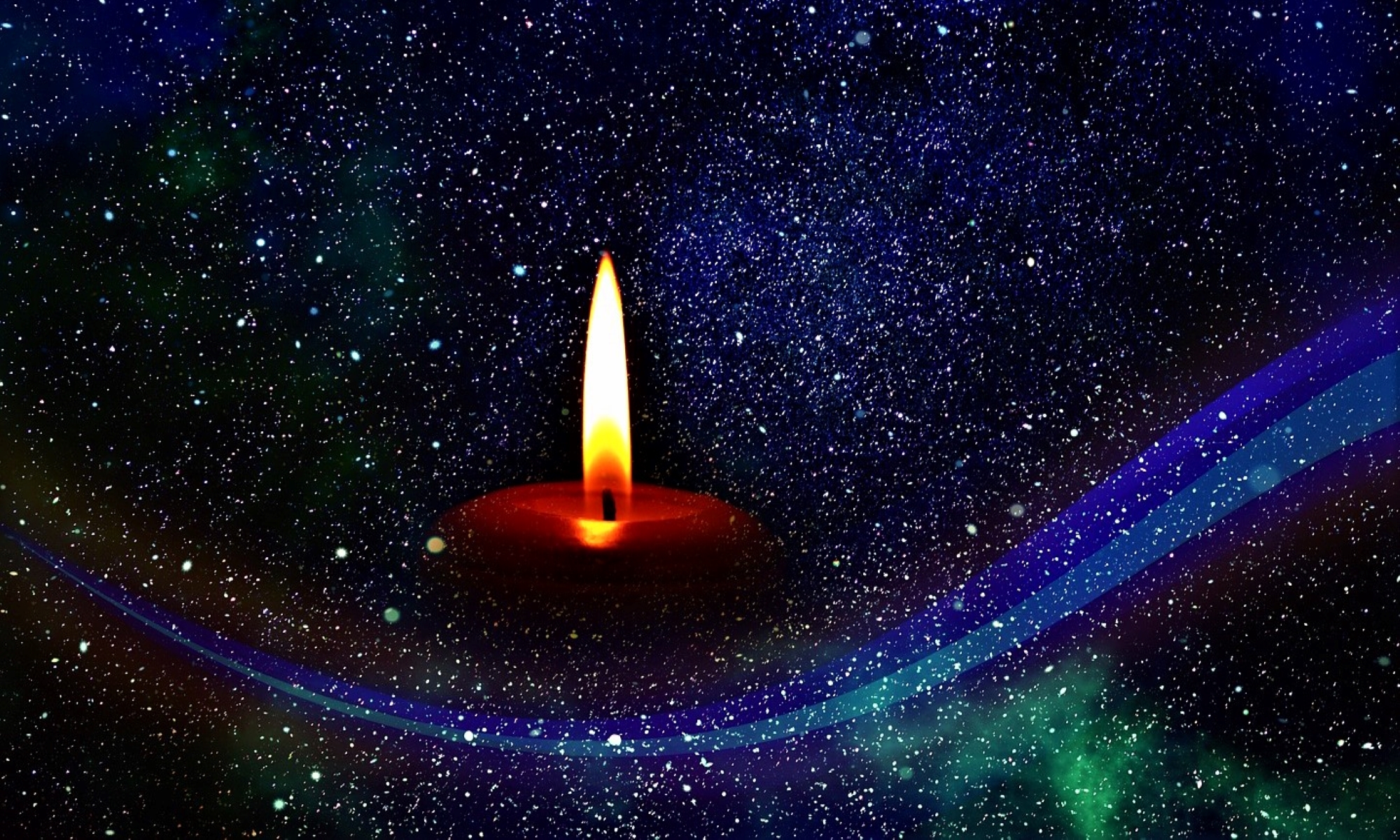
 Beauty queen, famous singer, and brand ambassador for the Florida Citrus Commission, she was quoted as saying, “I just know this decency movement is going to succeed.”
Beauty queen, famous singer, and brand ambassador for the Florida Citrus Commission, she was quoted as saying, “I just know this decency movement is going to succeed.”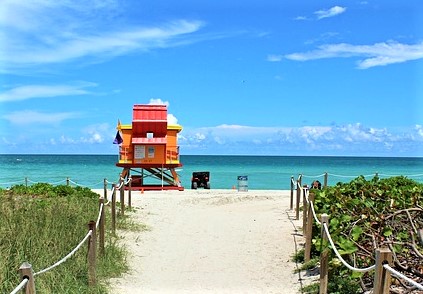 records, went to dances, and went out to eat. We had an awful lot of fun together, and we had each other’s backs.
records, went to dances, and went out to eat. We had an awful lot of fun together, and we had each other’s backs. folks running away from their real lives. We were a motley crew of drinkers, druggies, and dropouts; this was the first church most of us had ever set foot in. The idea of discriminating against anyone for their sexual choices was laughable. I was woefully ignorant of the Religious Right’s political movement under the auspices of the Evangelical Church. The people I found were loving and accepting, and they introduced me to Jesus. As time went on I allowed the “busy decades” to swallow me. LGBTQ rights were not in my face, so I just didn’t give them much thought.
folks running away from their real lives. We were a motley crew of drinkers, druggies, and dropouts; this was the first church most of us had ever set foot in. The idea of discriminating against anyone for their sexual choices was laughable. I was woefully ignorant of the Religious Right’s political movement under the auspices of the Evangelical Church. The people I found were loving and accepting, and they introduced me to Jesus. As time went on I allowed the “busy decades” to swallow me. LGBTQ rights were not in my face, so I just didn’t give them much thought.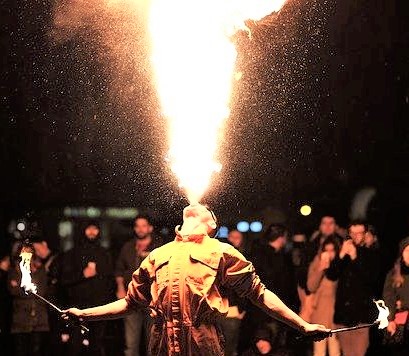 listening. These men aren’t just wealthy TV preachers; they are social influencers on an unimaginable scale. Their muscle lies in telling people what to believe and whom to hate because they insist that their God says so. But supposedly this is my God too.
listening. These men aren’t just wealthy TV preachers; they are social influencers on an unimaginable scale. Their muscle lies in telling people what to believe and whom to hate because they insist that their God says so. But supposedly this is my God too.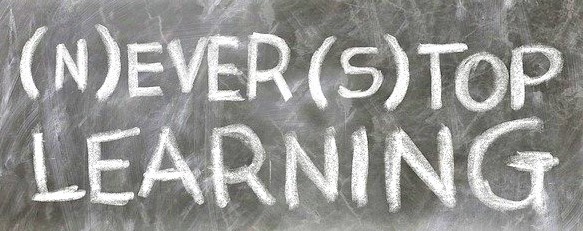
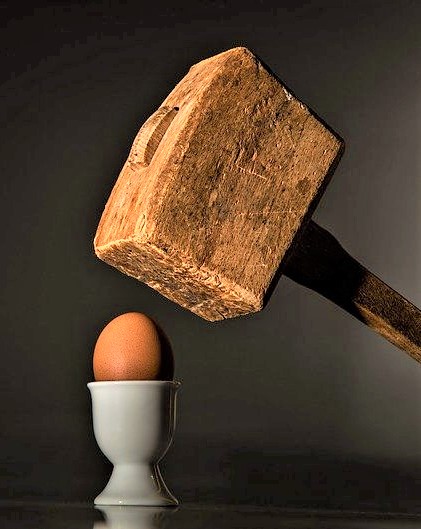 confidence seemed overwhelming. But Bridget Eileen Rivera has done all the heavy lifting. Within the pages of
confidence seemed overwhelming. But Bridget Eileen Rivera has done all the heavy lifting. Within the pages of 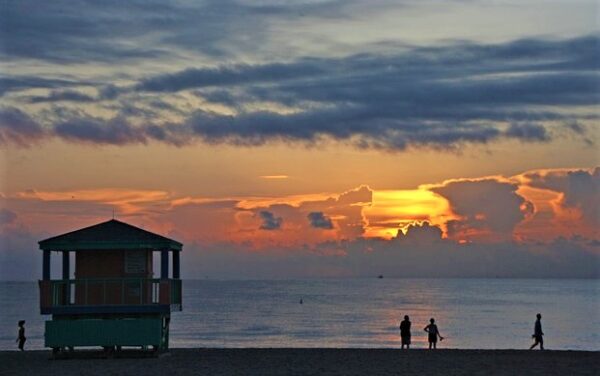

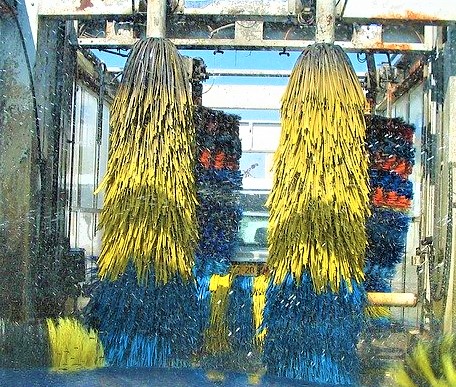
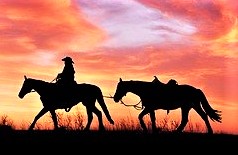
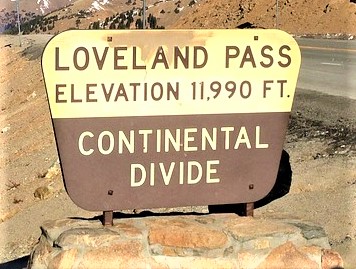 moving; not optimal for a road trip. The empty truck rattled with every bump. The wind howled around us. There was no point in playing music; we couldn’t hear it. Still, you can pack a lot of boxes in an empty van, so over the passes and through the woods we traveled, straight on to the Mile-High city.
moving; not optimal for a road trip. The empty truck rattled with every bump. The wind howled around us. There was no point in playing music; we couldn’t hear it. Still, you can pack a lot of boxes in an empty van, so over the passes and through the woods we traveled, straight on to the Mile-High city. town of Fairplay. At around 10,000 feet in elevation, Fairplay lies atop a grassland basin in a windswept no-mans’ land. Once you leave town, there’s nothing for miles. No people. No cell service. No internet. No buildings. There aren’t even any trees. And unlike civilized areas, very few signs. We came upon what looked like a fork in the road. And for probably the first time in my hyper-vigilant life, I had missed the only sign.
town of Fairplay. At around 10,000 feet in elevation, Fairplay lies atop a grassland basin in a windswept no-mans’ land. Once you leave town, there’s nothing for miles. No people. No cell service. No internet. No buildings. There aren’t even any trees. And unlike civilized areas, very few signs. We came upon what looked like a fork in the road. And for probably the first time in my hyper-vigilant life, I had missed the only sign.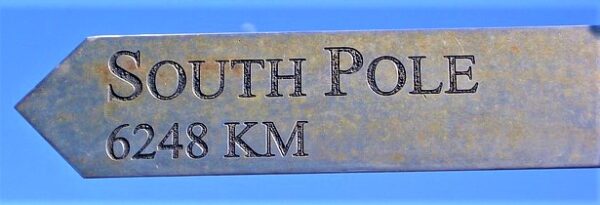

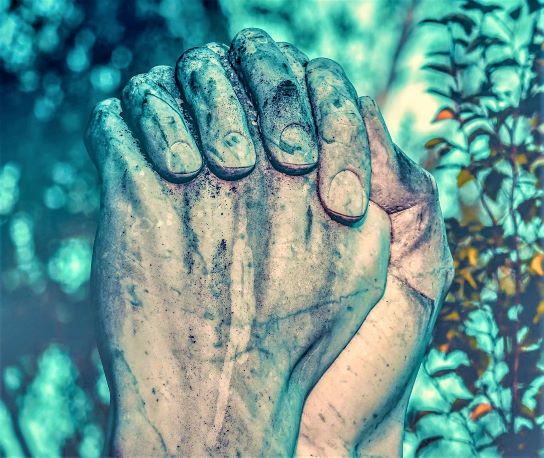 up on Sunday mornings. And on one of those Sundays, I heard the voice of God thunder through my chest telling me that this day, January 15, 1989, was the day He wanted me to get sober. He said that on this day, He would help me. And if I didn’t, He would have to get my attention.
up on Sunday mornings. And on one of those Sundays, I heard the voice of God thunder through my chest telling me that this day, January 15, 1989, was the day He wanted me to get sober. He said that on this day, He would help me. And if I didn’t, He would have to get my attention.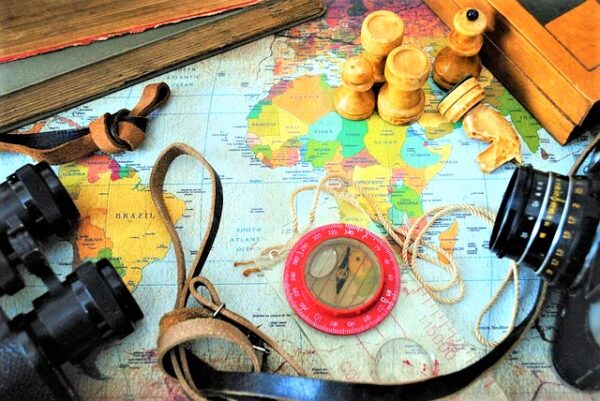
 handshakes, coffee and snacks, announcements and hymns and bulletin news, the faithful settled in for the duration. With the dying notes of the last hymn hanging in the air, the preacher dismissed the kids to Sunday School.
handshakes, coffee and snacks, announcements and hymns and bulletin news, the faithful settled in for the duration. With the dying notes of the last hymn hanging in the air, the preacher dismissed the kids to Sunday School. world harder. I spent the next three years praying, assuming their eyes would be opened as they listened to his words and watched him in action. When my prayers failed, I launched a
world harder. I spent the next three years praying, assuming their eyes would be opened as they listened to his words and watched him in action. When my prayers failed, I launched a 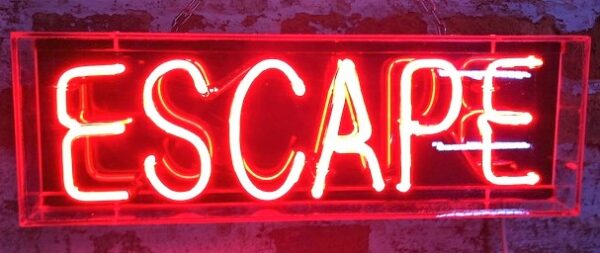 my car, and drive away. And it was my gut that said, “I’m not going to let you sell your soul for the security of a congregation and your people-pleasing tendencies.”
my car, and drive away. And it was my gut that said, “I’m not going to let you sell your soul for the security of a congregation and your people-pleasing tendencies.”
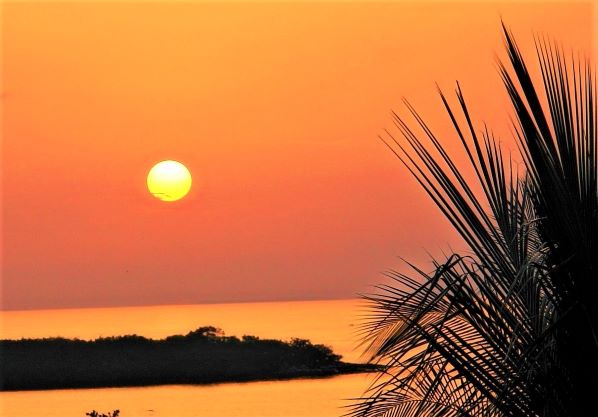 swamp lay west, and the sea east. It was a good thing life was relatively simple. When I was young, I had a hard time paying attention.
swamp lay west, and the sea east. It was a good thing life was relatively simple. When I was young, I had a hard time paying attention.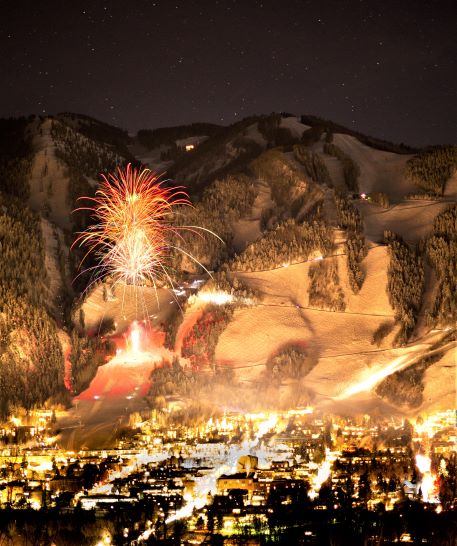 restaurants long before it was legal. In a surprising twist, I snagged a job as a nanny. One would have thought this would be a good influence. Turns out Mom was quite the party animal and hired other babysitters so we could hit the bars together. Under her tutelage, my vices became full-blown addictions. By the grace of a God I didn’t know, I survived remarkably intact.
restaurants long before it was legal. In a surprising twist, I snagged a job as a nanny. One would have thought this would be a good influence. Turns out Mom was quite the party animal and hired other babysitters so we could hit the bars together. Under her tutelage, my vices became full-blown addictions. By the grace of a God I didn’t know, I survived remarkably intact.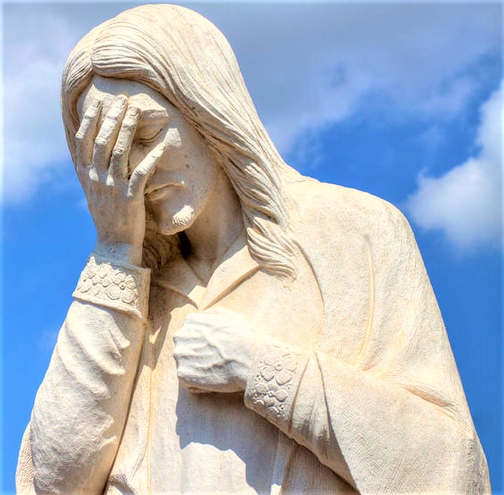 discovered drugs and alcohol would alleviate emotional pain. Not only did I not need God, but I figured He would not be too excited to meet me either.
discovered drugs and alcohol would alleviate emotional pain. Not only did I not need God, but I figured He would not be too excited to meet me either.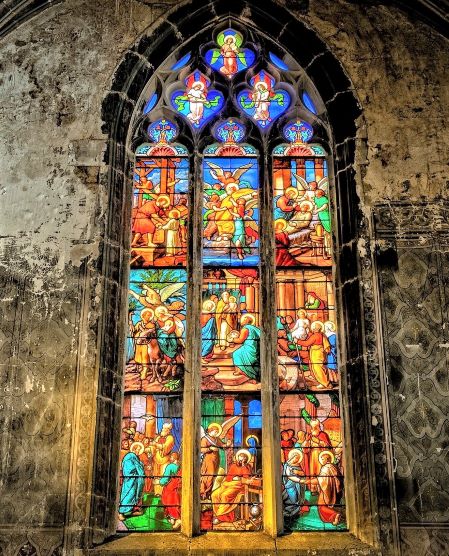 Unlike the party animal I worked for previously, this woman introduced me to Jesus. She was, and is, and will be until she dies, an Evangelical Christian. She was, and is, the first true Jesus-follower I ever knew. She led me into the family of God through her Evangelical Church.
Unlike the party animal I worked for previously, this woman introduced me to Jesus. She was, and is, and will be until she dies, an Evangelical Christian. She was, and is, the first true Jesus-follower I ever knew. She led me into the family of God through her Evangelical Church.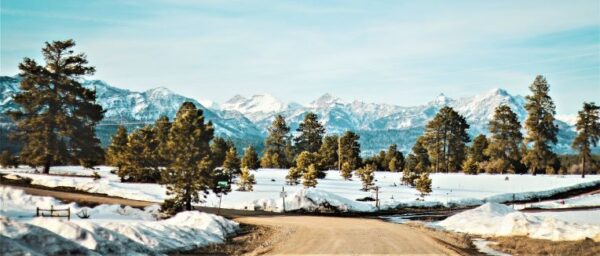
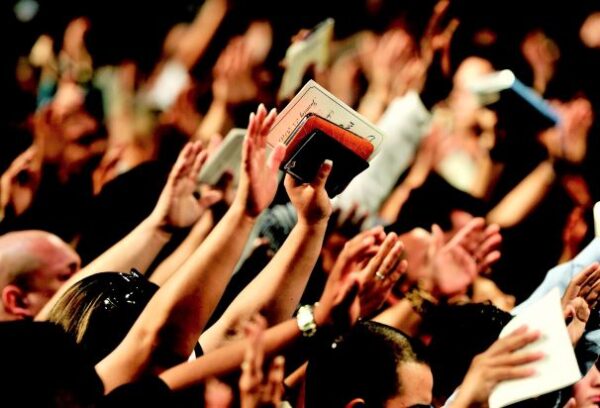 understand the betrayal of our faith. These had been my people. They introduced me to Jesus Christ. Through the Evangelical Church I learned how to love, and I blindly assumed that we all shared a devotion to our Savior as He is revealed in the Gospels. I never found a satisfactory answer.
understand the betrayal of our faith. These had been my people. They introduced me to Jesus Christ. Through the Evangelical Church I learned how to love, and I blindly assumed that we all shared a devotion to our Savior as He is revealed in the Gospels. I never found a satisfactory answer.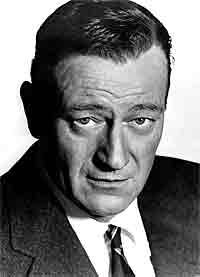
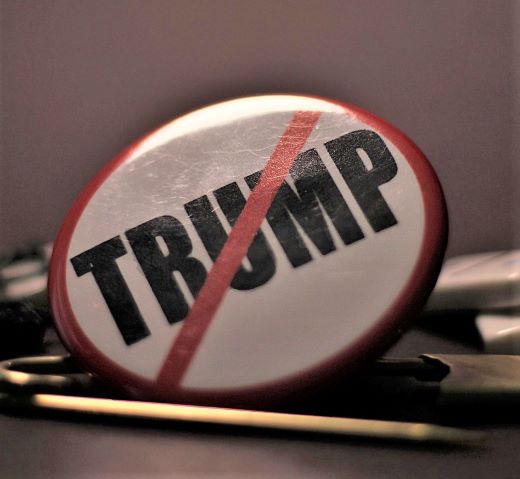 that failed, the world watched on January 6, 2021, as Trump’s “aggressive, militant masculinity” resulted in an attempted coup to overthrow the government of the United States.
that failed, the world watched on January 6, 2021, as Trump’s “aggressive, militant masculinity” resulted in an attempted coup to overthrow the government of the United States.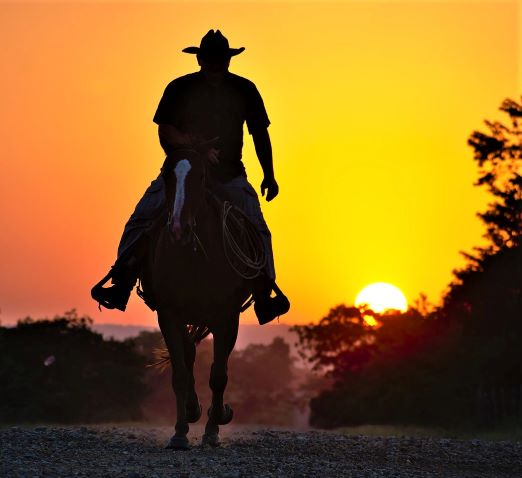
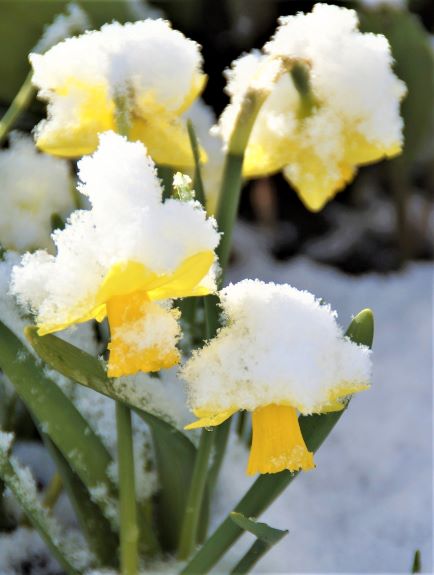 family to make it in time for the Easter Sunday service. They were driving in from Michigan, way back in 1983, and that morning they were white-knuckling their way over the Continental Divide. We couldn’t imagine that the whole pack of them- Mom and Dad, grown children and spouses and grandkids- could possibly pick us up by ten am. We figured we’d do the lazy thing and hunker down in our jammies. No, we wouldn’t make it to church, but they’d probably be here by lunch and we’d celebrate Easter then.
family to make it in time for the Easter Sunday service. They were driving in from Michigan, way back in 1983, and that morning they were white-knuckling their way over the Continental Divide. We couldn’t imagine that the whole pack of them- Mom and Dad, grown children and spouses and grandkids- could possibly pick us up by ten am. We figured we’d do the lazy thing and hunker down in our jammies. No, we wouldn’t make it to church, but they’d probably be here by lunch and we’d celebrate Easter then.
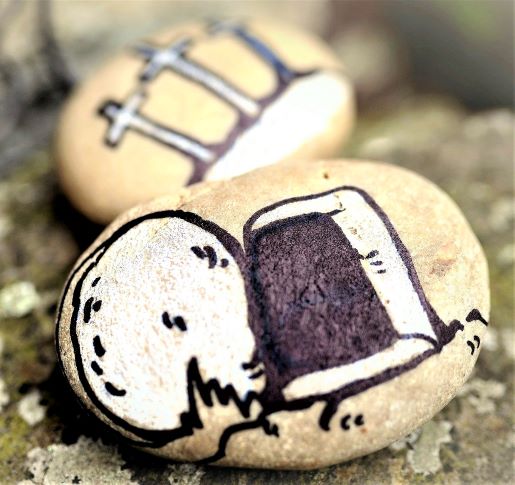 welcome as everyone else. Where women are not relegated solely to the kitchen and the nursery, but also encouraged to use the gifts given them by the Holy Spirit for teaching and preaching. Where the congregation believes that Black Lives Actually Do Matter, and are willing to take a public stand to that effect. I’ve got to say, it’s probably not in this little town, but I’m not going to let that take Easter from my heart.
welcome as everyone else. Where women are not relegated solely to the kitchen and the nursery, but also encouraged to use the gifts given them by the Holy Spirit for teaching and preaching. Where the congregation believes that Black Lives Actually Do Matter, and are willing to take a public stand to that effect. I’ve got to say, it’s probably not in this little town, but I’m not going to let that take Easter from my heart. Evangelical leaders selling their souls for presidential favor, and QAnons occupying the pews, I can at least aim for a level of peace that transcends understanding. “Christ The Lord is Risen Today” will surely be available on YouTube. The Gospel accounts of that first Easter morning will still bring tears to my eyes. I may have to cook up a ham dinner with scalloped potatoes and asparagus, and hustle down to the supermarket for a bunny cake. While the expression of our Christian faith may not look exactly like my husband’s childhood experience, we endeavor to live the life Christ called us to. We still pray without ceasing. We do our best to love our neighbors. When it comes to forgiveness, we give it our best shot, and we thank Him for forgiving us. And we trust that He will make all things beautiful in His time.
Evangelical leaders selling their souls for presidential favor, and QAnons occupying the pews, I can at least aim for a level of peace that transcends understanding. “Christ The Lord is Risen Today” will surely be available on YouTube. The Gospel accounts of that first Easter morning will still bring tears to my eyes. I may have to cook up a ham dinner with scalloped potatoes and asparagus, and hustle down to the supermarket for a bunny cake. While the expression of our Christian faith may not look exactly like my husband’s childhood experience, we endeavor to live the life Christ called us to. We still pray without ceasing. We do our best to love our neighbors. When it comes to forgiveness, we give it our best shot, and we thank Him for forgiving us. And we trust that He will make all things beautiful in His time.
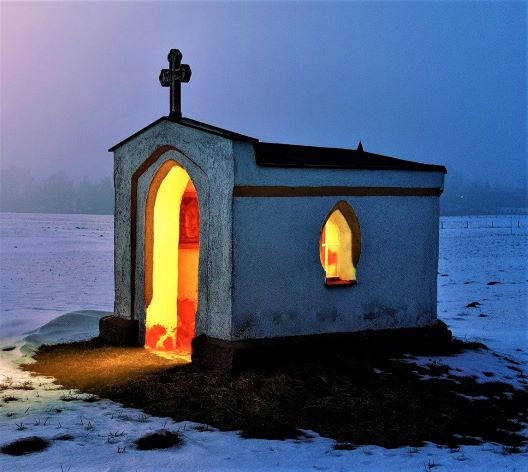 open, and close the doors He would close. I’ll do my best to listen to the Holy Spirit through prayer and His Word. And I’ll try to remember that “following” is an active verb. Joliet Jake was right- I can’t stay here forever.
open, and close the doors He would close. I’ll do my best to listen to the Holy Spirit through prayer and His Word. And I’ll try to remember that “following” is an active verb. Joliet Jake was right- I can’t stay here forever.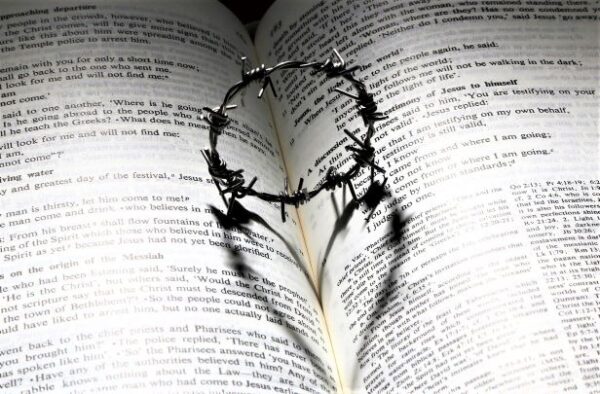 I wish I knew where to go from here. Even though many of us have left the Evangelical Church over their support of Trump, I hope with all my heart that we have not left Jesus. I know I have not. His actions and teachings as they are recounted in the Gospels leave us an almost impossible “to do” list. I don’t know how to forgive those who claim to follow Jesus and yet continue to support Donald Trump and his agenda of treason.
I wish I knew where to go from here. Even though many of us have left the Evangelical Church over their support of Trump, I hope with all my heart that we have not left Jesus. I know I have not. His actions and teachings as they are recounted in the Gospels leave us an almost impossible “to do” list. I don’t know how to forgive those who claim to follow Jesus and yet continue to support Donald Trump and his agenda of treason.